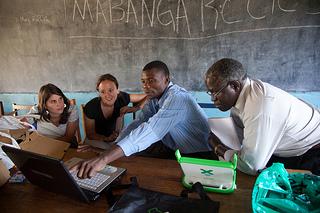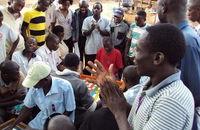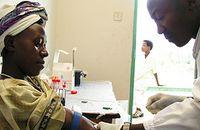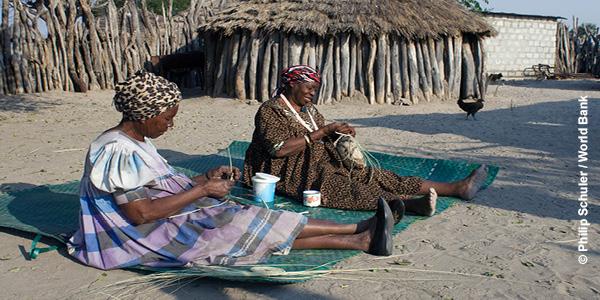Radhika Menon

Designation: Lead, Research Uptake Hub, Oxford Policy Management
Radhika Menon is the lead for the Research Uptake Hub at Oxford Policy Management. Prior to this, she worked with 3ie as the senior policy uptake officer. She worked with 3ie grantees for developing policymaker and stakeholder engagement strategies to ensure research uptake, anchored the advocacy work, contributed to developing 3ie's communication strategy, blogs, features and policy briefs.
A former journalist, Radhika has considerable experience in covering finance and economic policies. She has worked with leading Indian and international media outlets including the Hindu - Business line and CNBC. She has also directed a documentary film on the theme of ‘Gender and Space’ for the NGO PUKAR (Partners in Urban Knowledge Action and Research). Radhika holds an MA in Development Studies from the Institute of Development Studies, University of Sussex.
A former journalist, Radhika has considerable experience in covering finance and economic policies. She has worked with leading Indian and international media outlets including the Hindu - Business line and CNBC. She has also directed a documentary film on the theme of ‘Gender and Space’ for the NGO PUKAR (Partners in Urban Knowledge Action and Research). Radhika holds an MA in Development Studies from the Institute of Development Studies, University of Sussex.



